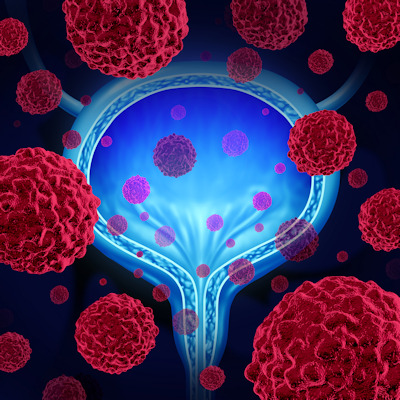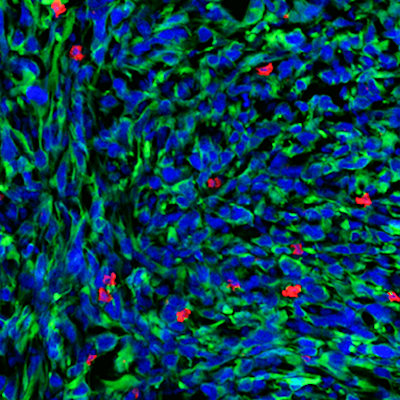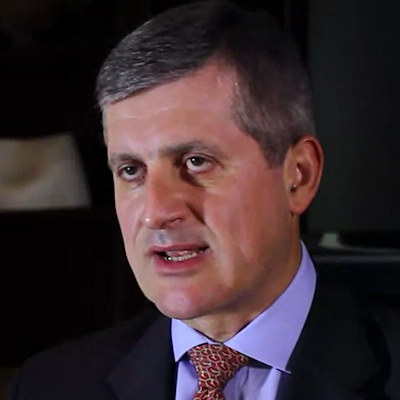November 4, 2022 -- The latest oncology drugs target and degrade harmful pathogenic proteins. However, research from the Austrian Academy of Sciences and the U.K.'s University of Dundee -- published November 3 in the journal Nature Chemical Biology -- identifies resistance mechanisms to this treatment and provides insights on overcoming them.
Traditional targeted cancer therapies rely on drugs that bind pathogenic proteins and inhibit their function. More recent therapy involves degraders -- chemical molecules that perform targeted degradation of disease-relevant proteins -- which better overcome drug resistance.
Small-molecule degraders, like molecular glues, work by binding two sites at once -- both the defective disease-causing protein and a cellular degradation system protein called E3 ubiquitin ligase. This binding kick-starts the defective protein's degradation.
The researchers tested many different proteins and degraders in cell cultures and identified a variety of mutations on E3 ligases which mediate resistance. These included mutations already identified in patients whose degrader therapy was unsuccessful.
While some E3 ligase mutations prevented defective proteins from being recruited, other mutations exhibited high sensitivity to chemically modified degraders. The researchers contend that mutations can be targeted by changing the degrader's chemical structure, thus overcoming the resistance.
Various degrader drugs are currently in clinical trials; some are already available, especially for blood cancer patients. The new understanding of resistance mechanisms may enable further improvement of degrader drugs.
"For the first time we have been able to examine at the molecular level how drug resistance emerges by virtue of these E3 ligase mutations. This is extremely important because these findings highlight the mechanism that can anticipate how a patient might respond to these drugs," co-author Alessio Ciulli, PhD, professor of biological chemistry and drug discovery in the University of Dundee's School of Life Sciences, said in a statement.
Copyright © 2022 scienceboard.net











